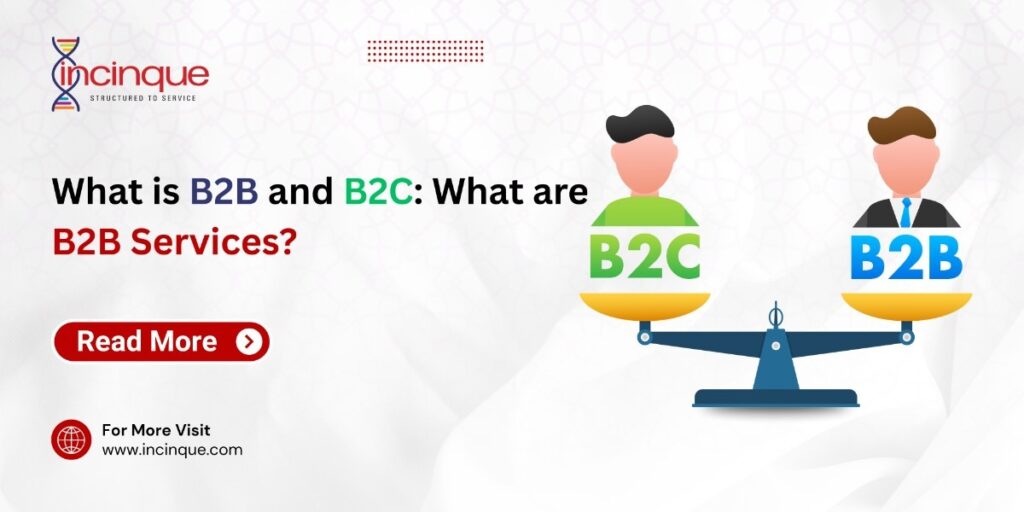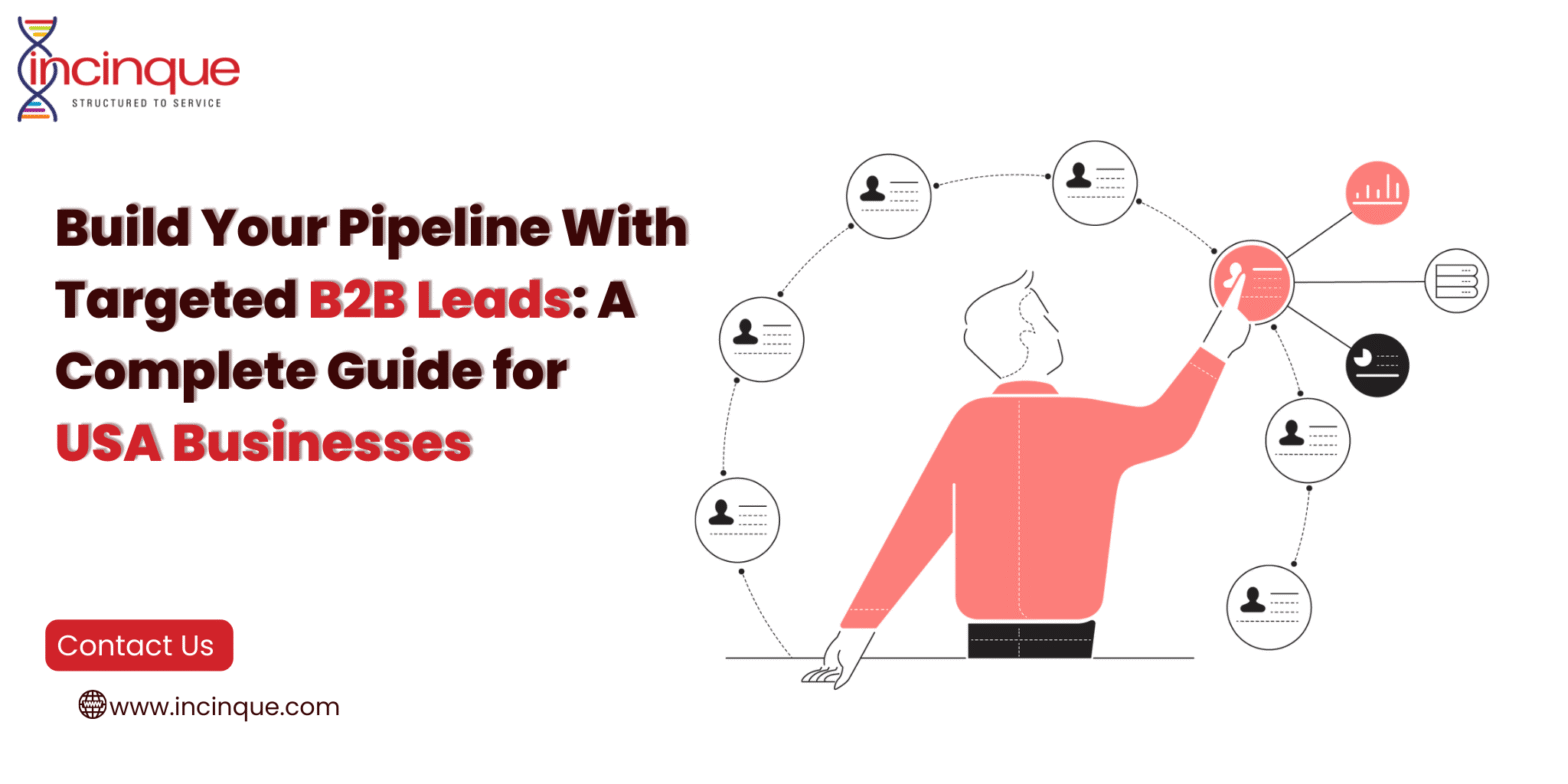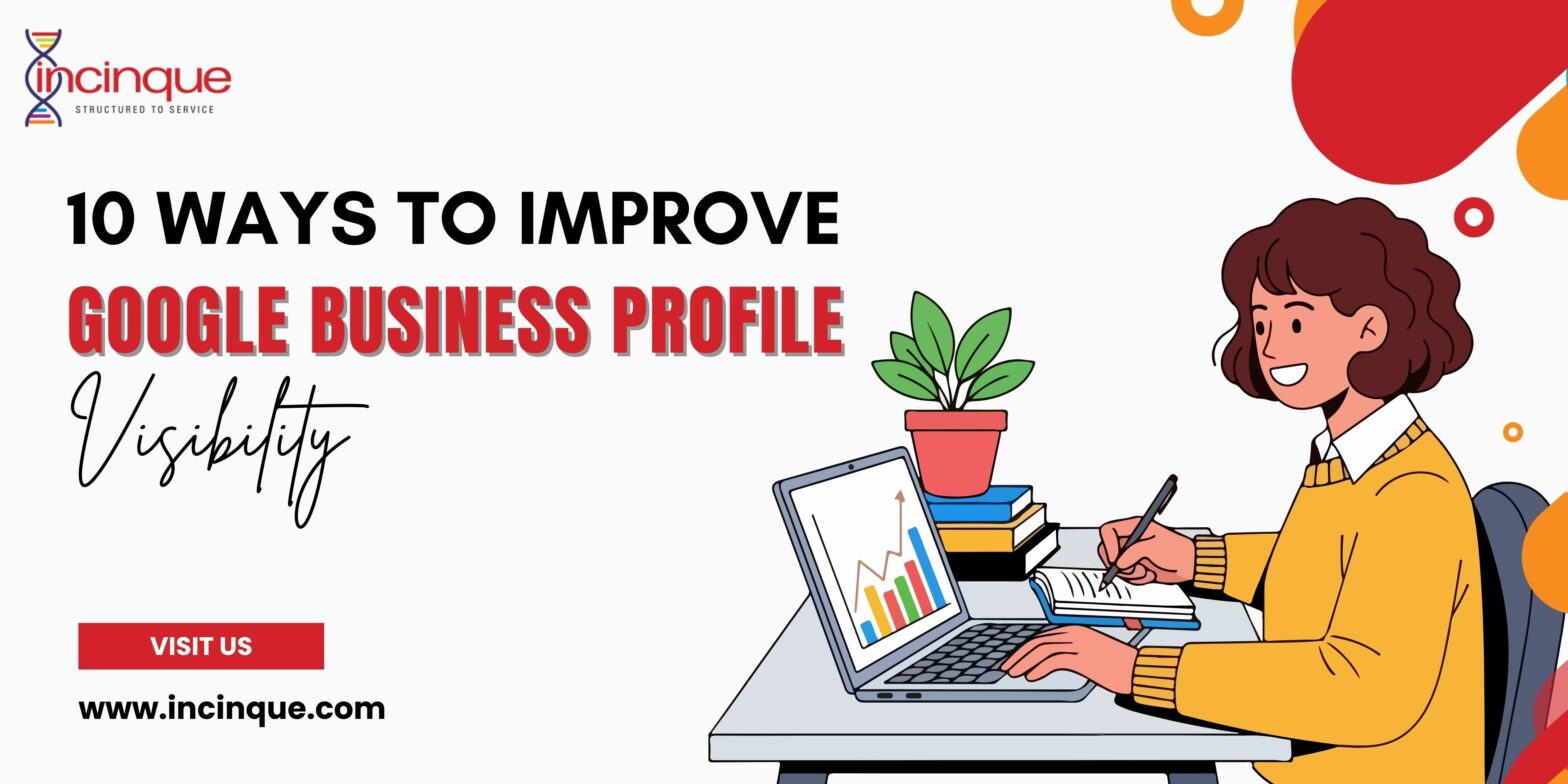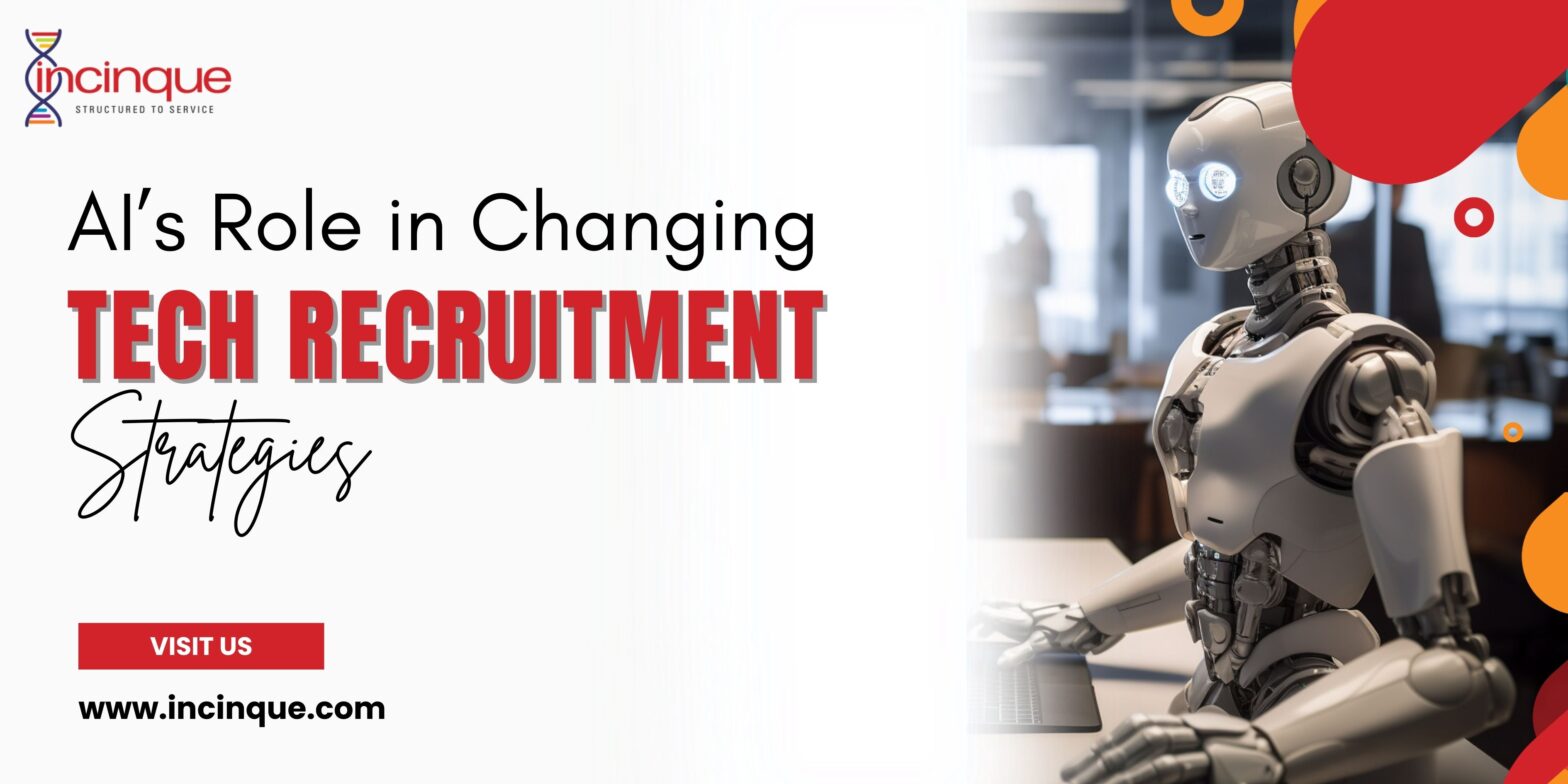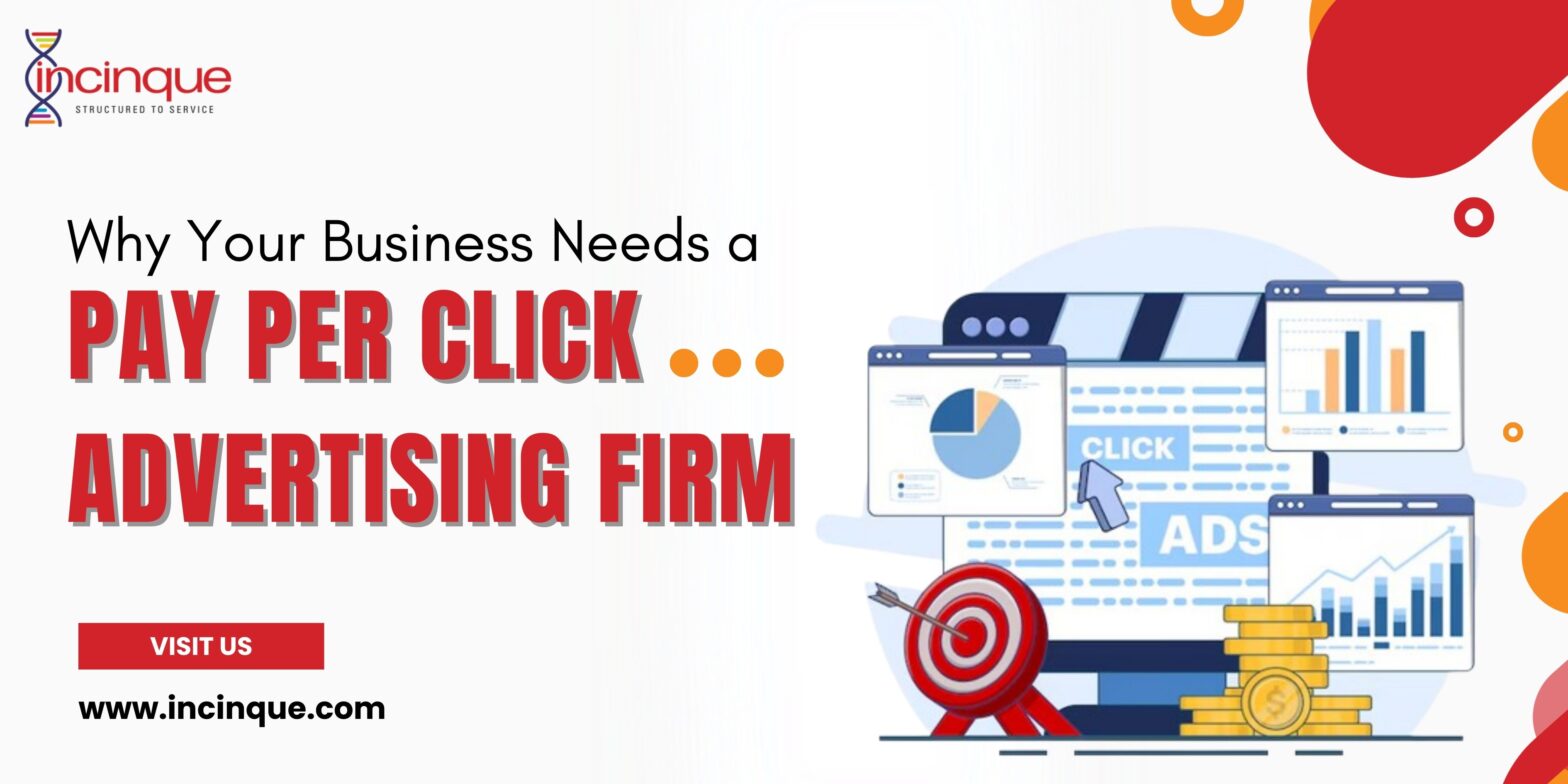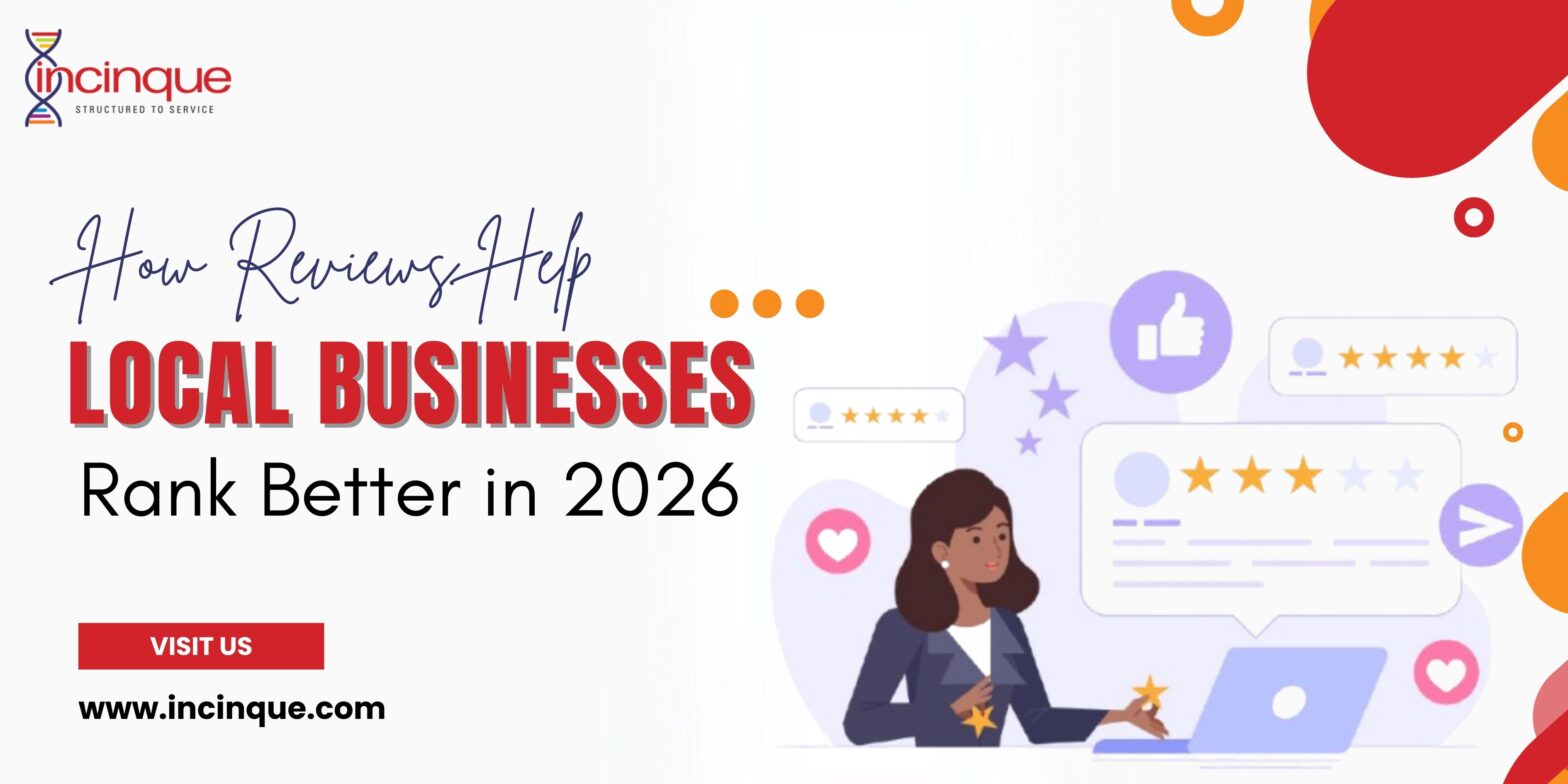In the world of commerce, businesses interact with each other and with consumers in different ways. Two common business models that define these interactions are B2B (Business-to-Business) and B2C (Business-to-Consumer). Understanding the differences between these models is crucial for anyone involved in sales, marketing, or entrepreneurship.
In this guide, we’ll explore what B2B and B2C mean, highlight their key differences, and take a closer look at the types of B2B services, including essential solutions such as B2B demand generation services and digital marketing services that power growth in today’s competitive market.
What is B2B (Business-to-Business)?
B2B refers to a business model where one business sells products or services to another business. These transactions typically involve large quantities, longer decision-making processes, and customized solutions. Examples include:
-
A software company selling CRM tools to other companies
-
A wholesaler supplying raw materials to a manufacturer
-
A marketing agency offering services to startups or enterprises
B2B focuses on building long-term relationships, offering value-driven services, and meeting the specific operational needs of businesses. Many companies in this space invest in B2B demand generation services to attract qualified leads, nurture prospects, and convert them into high-value clients.
What is B2C (Business-to-Consumer)?
B2C, on the other hand, refers to a business model where a company sells products or services directly to individual consumers. These transactions are generally more emotional and less complex than B2B. Common examples include:
-
E-commerce websites like Amazon selling products to customers
-
Restaurants serving food to walk-in guests
-
Clothing brands marketing directly to consumers via social media
B2C businesses focus on branding, customer experience, and rapid service to attract and retain individual buyers.
Key Differences Between B2B and B2C
| Feature | B2B | B2C |
|---|---|---|
| Target Audience | Other businesses | Individual consumers |
| Purchase Volume | Large and bulk orders | Smaller, single-item purchases |
| Sales Process | Longer, more complex | Quick, emotion-driven |
| Relationship Focus | Long-term and value-based | Transactional and convenience-based |
| Marketing Strategy | Educational, ROI-focused content | Emotional, visual, and brand-driven |
What are B2B Services?
B2B services are professional solutions offered by one business to help another operate more efficiently, increase productivity, or grow revenue. These services span industries including technology, marketing, logistics, finance, and consulting.
One of the most in-demand categories today is B2B demand generation strategies designed to help companies identify and engage potential clients, increase brand visibility, and generate high-quality leads.
Common Types of B2B Services
-
Digital Marketing Services
Agencies provide SEO, content marketing, social media management, PPC advertising, and branding strategies tailored for business growth. These services are essential for both lead generation and long-term brand building. -
IT & Software Solutions
SaaS platforms, CRM systems, cloud storage, cybersecurity, and software development to optimize business processes. -
Consulting Services
Business consultants improve strategies, operations, human resources, and management practices. -
Financial Services
Accounting, payroll management, tax planning, financial auditing, and investment consulting. -
Logistics & Supply Chain Management
Shipping, warehousing, inventory management, and freight services that ensure efficient delivery of goods. -
Manufacturing and Wholesale
Supply of raw materials, components, or finished products to retailers or other manufacturers. -
Professional Training & Development
Corporate training programs, leadership coaching, and skills development workshops for employees.
Final Thoughts
Both B2B and B2C models are essential to the global economy. While B2C focuses on satisfying individual needs and emotions, B2B emphasizes lasting partnerships and solving complex business challenges.
Among B2B services, stand out as critical growth drivers helping businesses capture quality leads, strengthen brand presence, and maximize revenue potential.
Whether you’re a business owner, marketer, or entrepreneur, understanding these models and leveraging the right services will give you a competitive edge and help you connect with the right audience at the right time.

